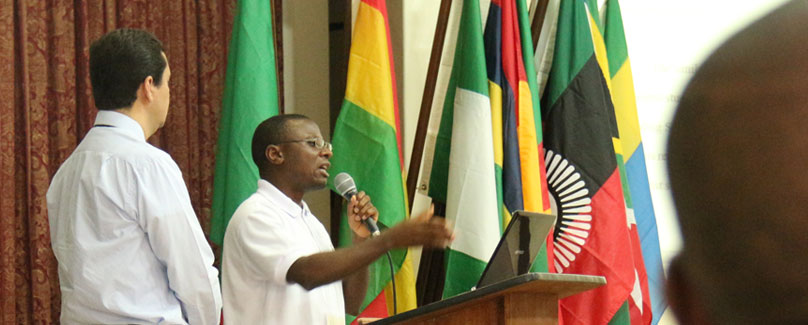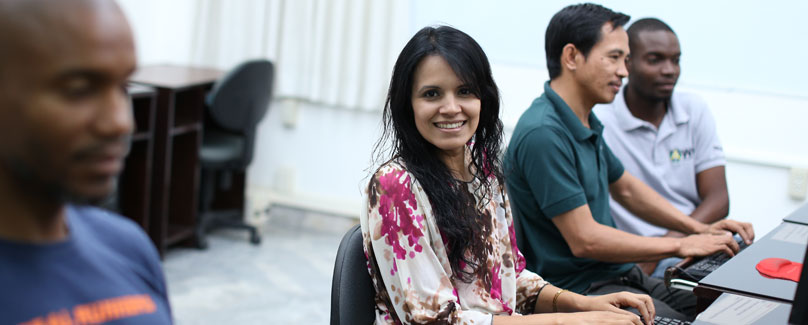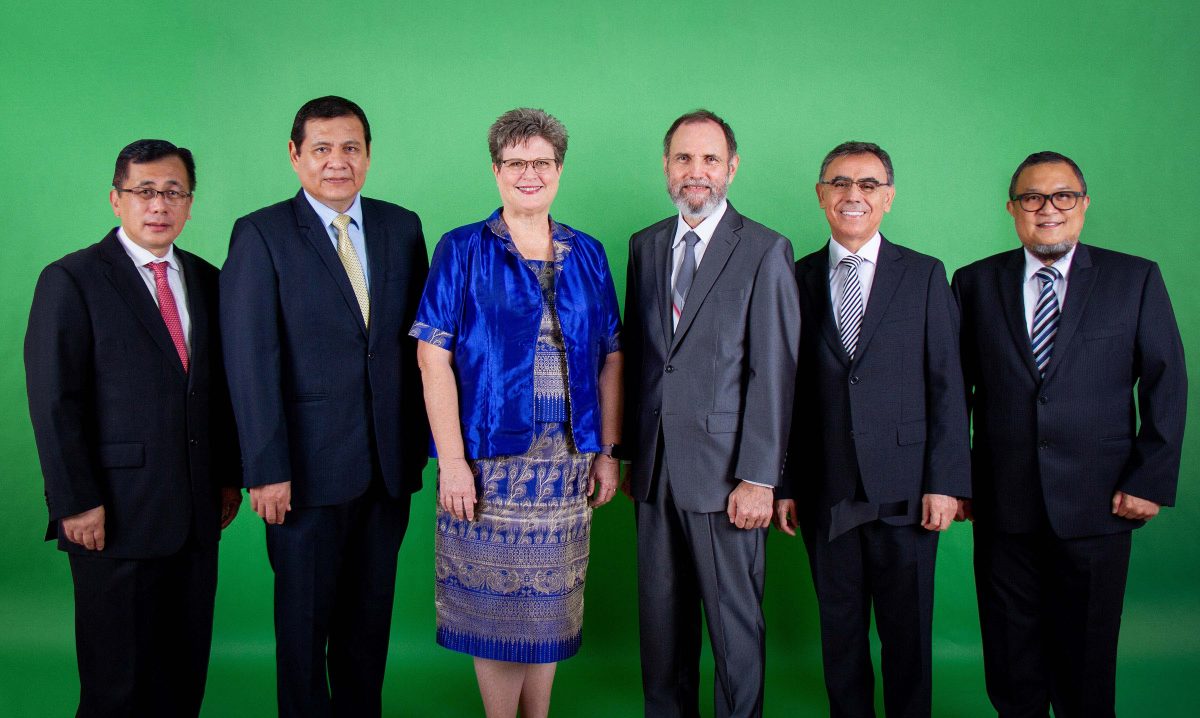The 11th AIIAS African Theological Association (AATA) Theological Forum entitled “The Sabbath in the African Experience” is taking place from April 16-19. It is revisiting the Sabbath—what it means, how people perceive it, what challenges are associated with it, and what perspectives people have about it.
Dr. Dolf Oberholster, AIIAS vice president for academic administration, said, “AIIAS administration encourages and supports AATA. This kind of academic learning experience develops our students in their scholarship. It takes what they are learning and applies it to a specific context. It takes their learning a step further and complements the work being done on the continent of Africa.”
The weekend is filled with presentations of scholarly research from master’s and doctoral students as well as faculty from all over the world. One of the presentations will be delivered through video call for the first time this year from an AIIAS alumnus.
Pr. Christian Ekoto, the president of AATA and coordinator of the forum, said in an interview, “Some cultures within the African continent celebrate the Sabbath even though they aren’t Adventist or even Christian. We would like to find ways to reach these cultural groups.”
Each year there is a panel session that deals with a current, major issue that is affecting the continent. This year, the panel discussion will be compiled into a document and sent to the three world divisions in Africa.
AATA started with a few students who came together to discuss issues affecting Africa in a scholarly way. They started sharing research they had done for classes. Soon it was organized into a formal program. A scholarly, peer-reviewed journal, Journal of AIIAS African Theological Association (JAATA), is published in conjunction with each forum that includes all papers presented during the forum.


